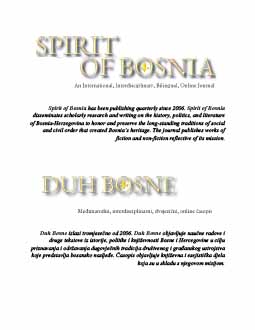
We kindly inform you that, as long as the subject affiliation of our 300.000+ articles is in progress, you might get unsufficient or no results on your third level or second level search. In this case, please broaden your search criteria.

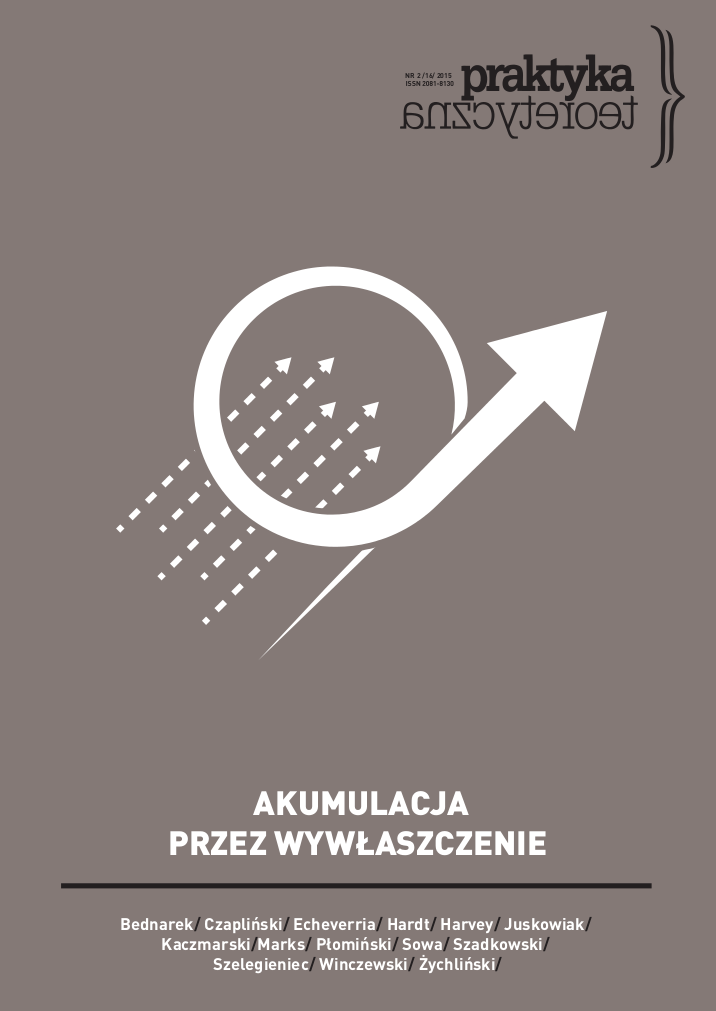
The gap between Marx’s theoretical writings on political economy (for example, the three volumes of Capital) and his historical writings (such as The Eighteenth Brumaire of Louis Bonaparte and The Civil War in France) arises out of certain limitations that Marx placed upon his political-economic enquiries. These limitations are outlined in the Grundrisse where Marx distinguishes between the universality of the metabolic relation to nature, the generality of the laws of motion of capital, the particularities of distribution and exchange, and the singularities of consumption. What an analysis of the content of Capital shows is that Marx largely confined his efforts to identifying the law-like character of production to the exclusion of all else. While this allowed him to identify certain laws of motion of capital within any form of the capitalist mode of production, it did not and could not constitute a total theory of a capitalist mode of production. A better understanding of what it is that Marx can do for us through his identification of the general laws of motion leads to a far better appreciation of what it is that we have to do for ourselves in order to make Marx’s theoretical findings applicable to particular conjunctural conditions, such as those that have arisen throughout the economic crisis that began in 2007.
More...
The article is a complex attempt to present the achievements of the broadly understood urban Marxism in the field of reinterpretation of the classic concept from the cards of Capital – “primitive accumulation”. Drawing on theories of such scholars as David Harvey (“accumulation by dispossession”) or Saskia Sassen (“expulsions”), the author points to the possible ways to operationalize the concept of “dispossessing urbanization”. Inspired by the theorizations of autonomist Marxists (Antonio Negri, Sandro Mezzadra, Massimo De Angelis), he proposes to see it as a relatively new and increasingly important dispostif that allows not only to improve traditional methods of enclosures and construct entirely new ones, but also to instrumentalize urban cultures which seems unlikely for the historical versions of primitive accumulation. This theoretical inspiration leads him also to highlight another gap in the accumulation by dispossession theory, namely the lack of sufficient reflection on the production of subjectivity processes which seem constitutive for the broad set of dispossessing practices.
More...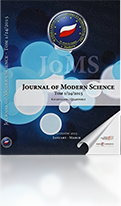
The theoretical foundation of European economic policy is ambiguous. There is an assumption, that a/ the common market is “the right thing” for all inhabitants and b/ competition is one of the most important institution in the Community, hence the state aid should be forbidden. Simultaneously, cohesion policy is created to support the less developed regions. But the results of European integration are rather disappointing when looking at the South, e.g. Greece, and East – e.g. Poland. The political leaders seem to be familiar only with the neoclassical/neoliberal doctrine, without having any knowledge in heterodox economics, especially – the political economy of Marks, List, Kalecki or Sraffa. Therefore they can not fully understand the causes and effects of globalization. Contemporary capitalism in Europe calls for a/ demand policy (i.e. another distribution of income) and b/ industrial policy. Instead of forcing the process of market liberalization, the European regulations and actions should force investment (in the South) and reproductive employment.
More...
The following article tackles the issue of adequacy and validity of Stanisław Brzozowski’s thought, especially for the contemporary Polish left. In the fi rst part of the text, theauthor presents biographical information and a summary of the main points of philosopher’s concept. Then, the author discusses Brzozowski’s heritage as a current and inspirationalfor progressive critique – it’s revives, inter alia, culturalism, anti traditionalism, feminism and political theology
More...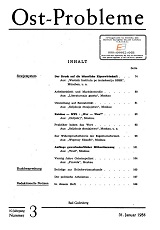
ORIGINAL SOURCE: » Oktjabrj «, Moscow, Issue 11, 1957 / ORIGINAL TITLE: » Vremja ne zdet (Time doesn’t wait) «; Author: Iwan Winnitschenko
More...
ORIGINAL SOURCE: » Trud «, Moscow, Dezember 19, 1957 / ORIGINAL TITLE: » O rabote professional'nych sojuzov SSSR; Postanovlenie Plenuma CK KPSS, prinjatoe 17 dekabrja 1957 goda « (On the work of the USSR trade unions; Resolution of the Plenum of the CPSU Central Committee of December 17, 1957).
More...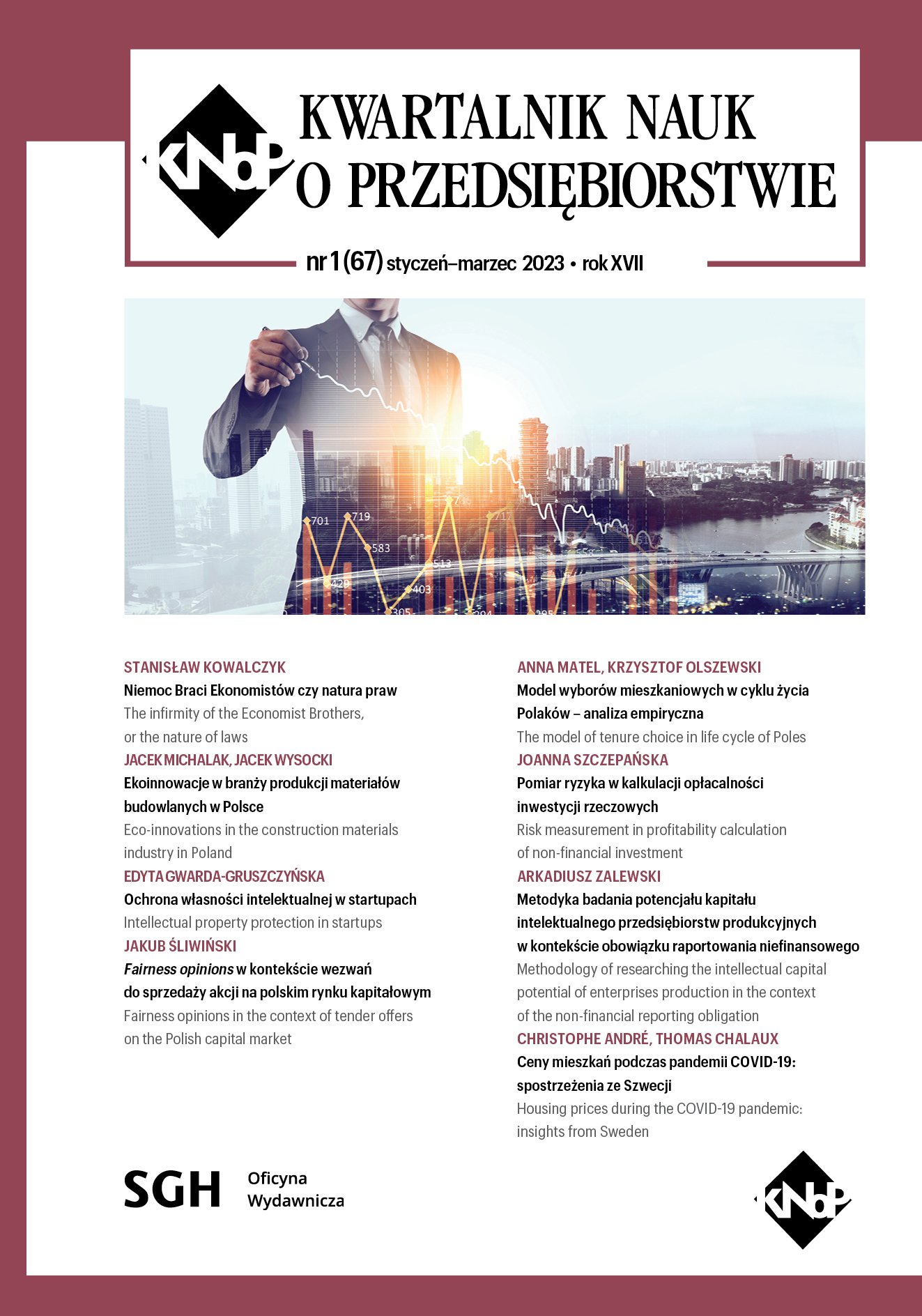
The aim of the article is to identify the basic sources of weakness in economics as a scientific discipline in the effective diagnosis and prediction of the future course of economic events and their consequences. In other words, the causes of the titular infirmity of economists, as well as the multitude of opinions, positions, and fi- nally theories typical of this discipline, occurring in parallel, at the same time, in relation to the same periods and economic and market events. The main thesis of the article assumes that the basic reason for the inability of economists to unanimously diagnose past economic events and accurately decide on their future course is the very nature of economic phenomena and processes, implying the ambiguity and vagueness of the views expressed, while the parallel multiplicity of views is a simple consequence of the nature of economics. as an inherently heterogeneous discipline, which requires the cooperation of the com- munity and the acceptance of different views, and not dividing them into the right ones and the negated ones, i.e. those that do not deserve recognition. In connection with the research objective outlined in this way and the main thesis formulated, the conducted analyzes are of a non-reactive nature, in which methods such as content analysis and historical-comparative research were used.
More...
The main issue addressed in the article relates to the impact of complex economic crises on the book value of joint-stock companies. Turmoil on the stock market has a negative impact on the book value of the entities studied. This is more important because investors buying or selling shares of individual listed companies have a diffi- cult task, since in making decisions around their investments they are exposed to enormous risk and, at the same time, uncertainty. In this case, it is worth examining which stock market indicators are most helpful in assessing the financial health of companies. The purpose of this article is to determine the impact of the selected indicators on the growth of book value of the companies listed on the Warsaw Stock Exchange during crisis circumstances. The research method used in the presented article is the estimation of an econometric model that con- firms the high impact of selected metrics on the book value of listed companies The research on the impact of estimators on the dependent variable covers the period January 2020–May 2023.
More...
This is a heterodox Economic History on Political Economy, Macroeconomics and Applied Economics, based on the Austrian Economics theory of business cycles, applied to the case of the Spanish Economy during the boom-bust cycle (2002-2014). Attention is focused on the endemic problem of business cycles, such as suc- cessive and distorting periods of boom and bust that modern economies suffer, as with the Spanish economy. This work reviews the analysis of the Austrian School of Economics ́ theory and its development, with attention to the empirical renewal line (into the school), which used econometric support, to help the communication with other economic schools. Consequently, there is a review of the main econometric literature on the Austrian cycle, followed with an illustration of the case of Spain in the Eurozone. In this way, it is possible to better under- stand the cycle of boom and bust by means of new currency emission and how to help econometric tools to illustrate economic principles.
More...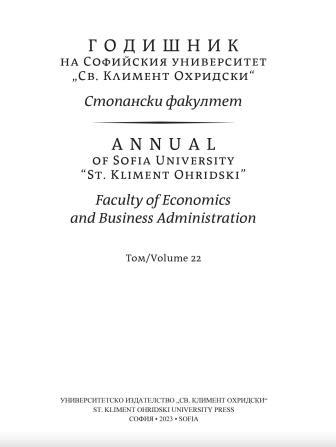
This article investigates the possible causal relationships between slow-changing cultural characteristics like collectivism and individualism and the economic development of nations. Evidence in the literature shows that there are at least two aspects of collectivism in a society that are important for its economic development. The first can be defined as the strength of collectivism and is related to how strictly individual actions are limited by the power of social norms or the extent to which group members feel socially obliged to give up personal gain for the benefit of the group. The second aspect is the scope of collectivism. This dimension refers to the size of the group within which the collective feeling manifests and whether it spreads also to people with whom an individual has no history of personal relationships. Collectivism that is confined to a narrow group (family, clan) usually hinders economic development, while broad and strong collectivism can foster growth (e.g. East-Asian economies at the end of the XX century). Innovations that accompany economic and social development – such as the expansion of markets, the advances in transport and communications, and the increased educational opportunities – in turn affect the strength and scope of collectivism. The influence of individualism collectivism on economic development and vice versa is mediated by societal features like social capital, norms, institutions, ability to organize collective action, conformism, democratization/modernization, and meritocratic organizations. An in depth look into the above mechanisms and their effects on subjective well-being can also help answer the unsettling question why a number of quality of life indicators have ceased to move in parallel with economic growth in leading economies in recent years.
More...
Socialist market economy or more broadly China’s road to socialism is a subject of controversy not only in China itself, but also in the international community. This issue is very complex on many levels. From the very beginning of the formation of the CPC it had to pursue different goals and face completely different challenges than its European counterparts. Due to its cultural and civilization distinctiveness, China had to choose its own path to socialism and its construction. During the times of Deng Xiaoping the Chinese economy opened to the influence of foreign capital, which allowed, on the one hand, to significantly accelerate China’s economic development and raise its position in the international arena, and on the other hand, it was the cause of much controversy.
More...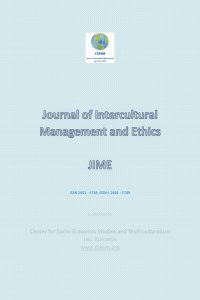
Venomous doctrines such as Critical Race Theory, Diversity Equity and Inclusion, Economic and Cultural Marxism, etc., have now taken over virtually all U.S. universities. How can this threat to a civilized order best be dealt with? The present paper rejects initiatives such as banning their discussion, ending academic tenure, and reliance on doctrines espousing academic freedom. In their stead, affirmative action for academics professing alternative perspectives is recommended.
More...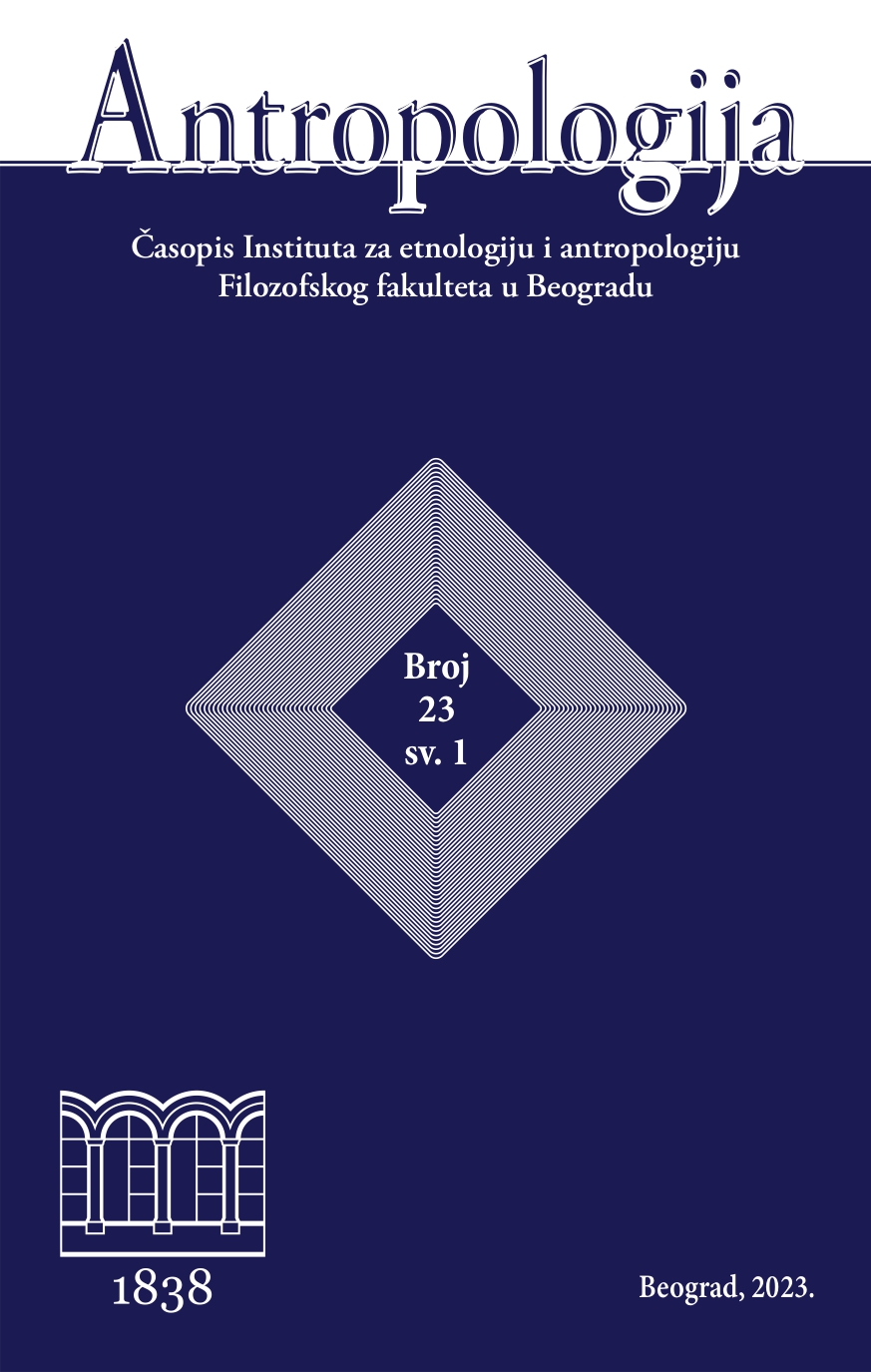
This text attempts to present and critically analyze two prevailing neo-- Marxist schools of thought on the future of work, that derive from Marx’s ambivalent attitude toward work and the role of technology in society. Contemporary thinking on the future of work is split between its humanization and overcoming alienation in a capitalist society on one side, and anti-work and post-work theoretical perspectives that propose its abolition through automation and technological innovations introduced by capitalism on the other. A two-way evolution of the Marxist thought on the future of work will be presented in relation to the growing usage of digital technologies and the development of artificial intelligence, while the disagreement between the two schools of thought won’t be seen as a setback, but the focus will be shifted towards their joint contribution to reexamining the concept of work in social theory and political practice. The question about the future of work will also be analyzed through the lens of gender, in order to draw attention to the position of the social reproduction work and the risk of it being perceived as a highly ethical and authentic form of work that does not require reorganization. An anthropological perspective that emphasizes the link between human communities and work, not in order to project the future society, but to examine the transformation of the concept of work in relation to social, economic, and political frames, that is, at the intersection of neoliberalism and the development of new technologies in the contemporary context, will also be taken into consideration. By analyzing the future of work through different paradigms, we are called to open a new chapter in social theory that will serve as inspiration for future political demands that would lead the society out of the capitalist system.
More...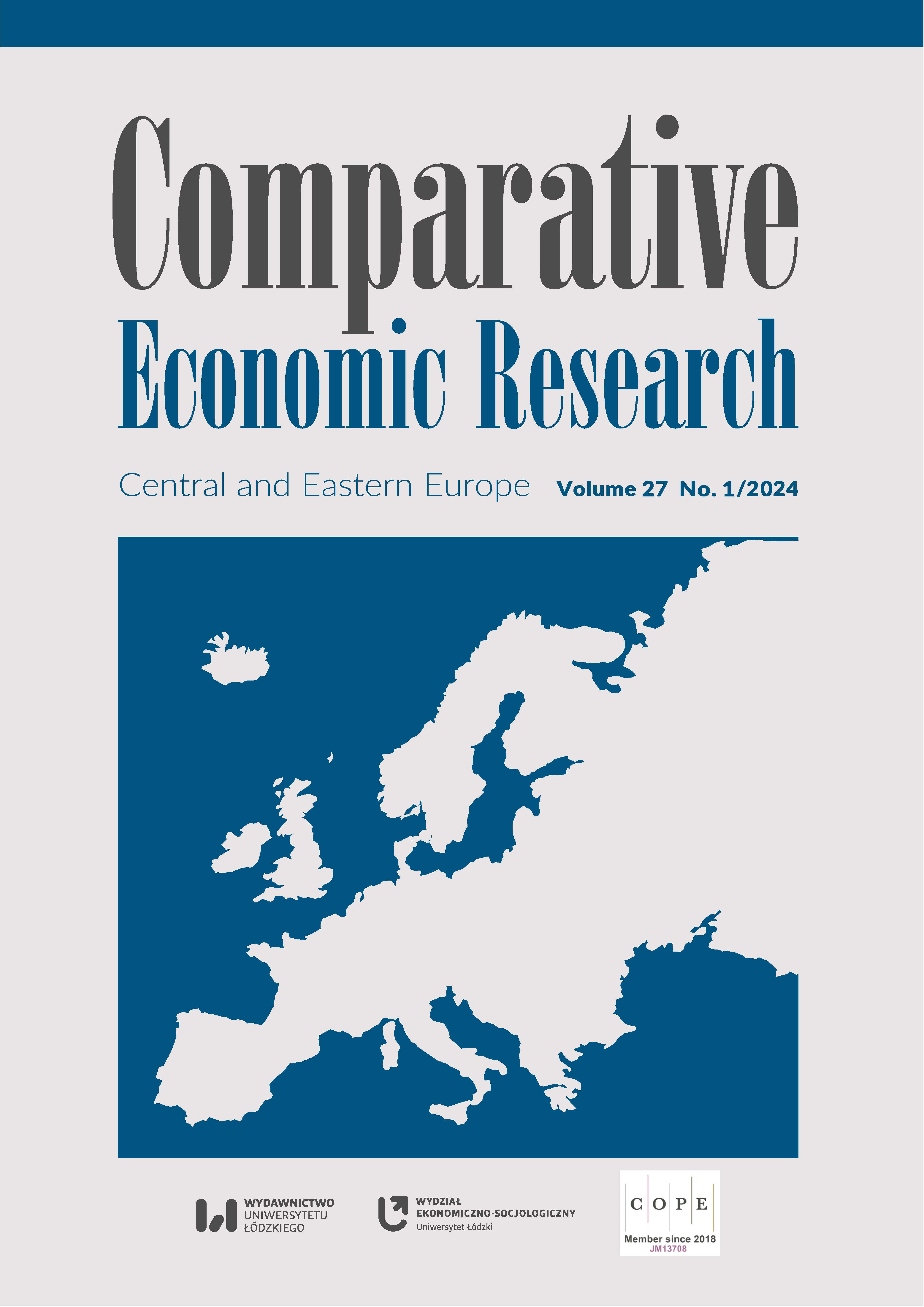
The article’s main aim is to assess the impact of economic security on sustainable entrepreneurship in Central and Eastern European Countries (CEECs), including Bulgaria, Croatia, Czechia, Estonia, Hungary, Lithuania, Latvia, Poland, Romania, Slovakia and Slovenia from 2008 to 2020. The paper’s novelty is the development of indicators of sustainable entrepreneurship and its three pillars: economic, social and environmental. Moreover, we assessed the impact of economic security on sustainable entrepreneurship and conducted a comparative analysis of its consequences on the economic, social and environmental components of entrepreneurship. We use the Pearson correlation coefficient, the Ordinary Least Square Method, and the SUR estimations for structural equations. The results of the analysis indicate that sustainable entrepreneurship and economic security in the analysed countries are growing. However, their dynamics are varied, and what is more, economic security has a statistically significant impact on sustainable entrepreneurship. The impact of economic security on sustainable entrepreneurship from 2008 to 2020 is highest in Slovakia, Bulgaria and Poland. The lowest is in Latvia, Romania and Czechia. We notice that pursuing a stable and responsible macroeconomic policy affects the implementation of sustainable development goals. It is important to create the best conditions for growth in the long term, which is a challenge because of the problem of finding optimal relationships between factors that determine economic security.
More...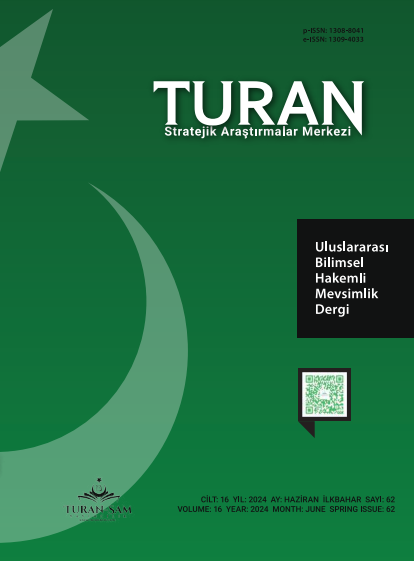
The purpose of this research is to reveal the effect of real-time marketing on the elements of brand equity. Browsing was used as a data collection method. The data were analyzed by factor analysis and structural equation model. The research has revealed that real-time marketing has a positive impact on brand equity elements. The scarcity of literature on the subject explains the originality and contribution of the current research.
More...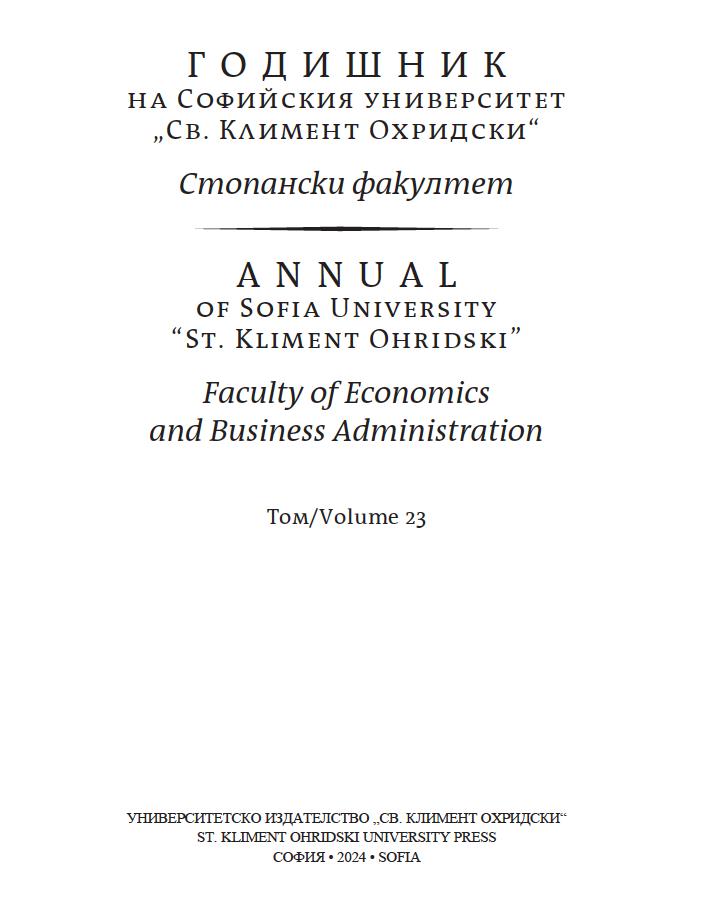
This article summarizes the main concepts in Barry Schwartz’s book 'The Paradox of Choice: Why More is Less' in the context of the latest insights in happiness economics, the discussion of social status and the cultural dimension of individualism-collectivism in economic literature. It highlights the author’s ideas related to current analytical results in behavioral and institutional research.
More...
This article is a review essay of Stefania Barca’s book Forces of Reproduction: Notes for a Counter-Hegemonic Anthropocene. The author conducts a critical recon-struction of the book’s key theses and situates them in the context of debates taking place within the framework of ecosocialist theory and Marxist feminism. A parti-cular emphasis is put on rethinking the relationship between emancipatory proces-ses and the development of productive forces in Marxist theory and Marxism, and on framing the class struggle from the perspective of social reproduction theory
More...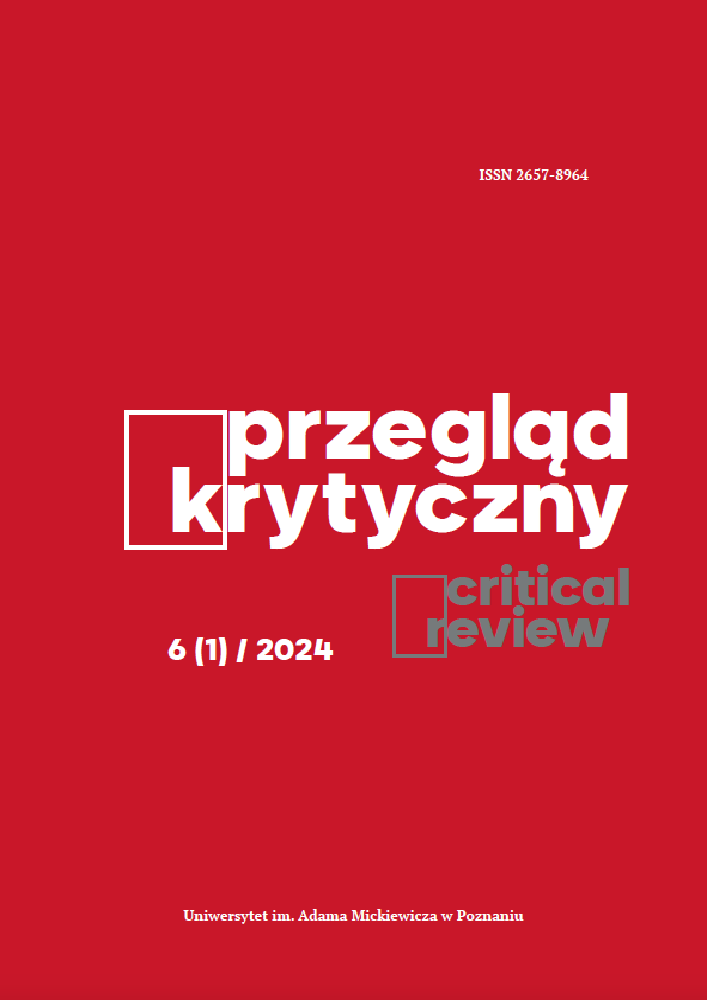
Gáspár Miklós Tamás has been one of the best-known Hungarian intellec-tuals and critics of the policies of the Victor Orban government in recent years. His anal-ysis of the phenomenon of the migration crisis was reflected in his concept of “post-fas-cism”. It is difficult to understand it without reference to his other works and a systematic reconstruction. The article problematises this notion in the perspective of the Hungarian philosopher’s broad historisophical narrative, in which nationalism, ethnicism, fascism and post-fascism are shown to be successive stages in the contradictory development of post-Enlightenment capitalist liberal democracy. His political thought in this context is a call for the restoration of a class perspective in the analysis of social relations.
More...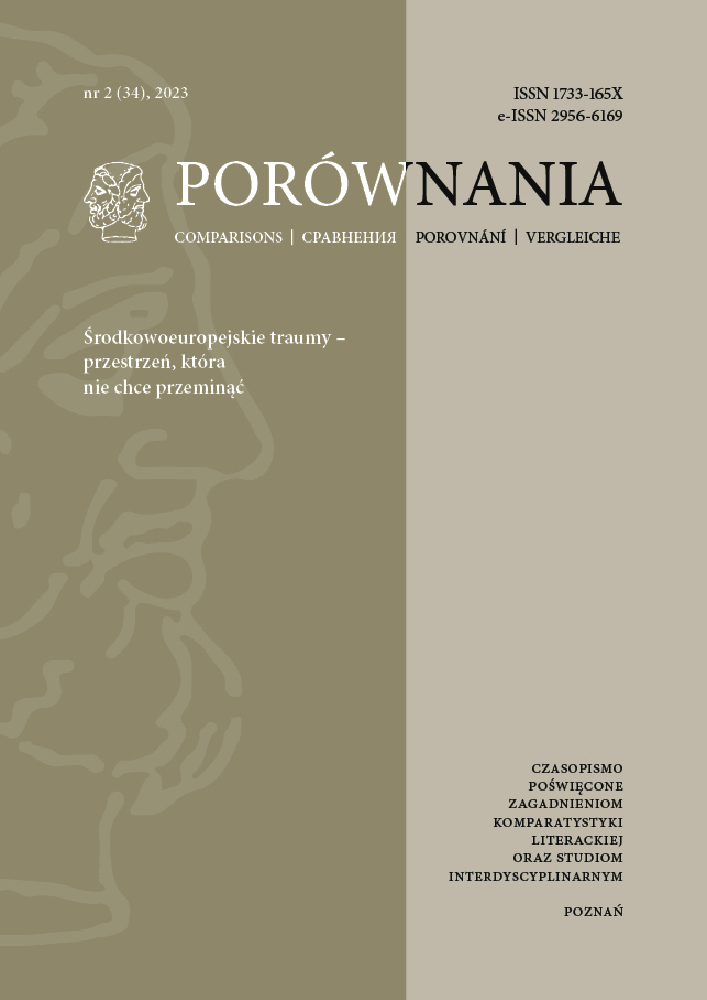
The article takes up the issue of space in the economics and philosophy of capitalism. Based on excerpts from Marx’s writings, I reconstruct the idea of annihilation of space and the metabolic rift. Using James Moor’s contemporary interpretations of these concepts, the article discusses industrial spaces in the Capitalocene. The perspective of the oikos, combining economics and ecology, has allowed me a new perspective on the issues of industrialization and deindustrialization and a reading of different cultural texts that deal with the issue of human impact on the environment. The second part of the article describes examples of degradation of the landscape of the Upper Silesian Coal Basin, portrayed in selected films and photographs. The conclusion asks about the possibility of a hermeneutics of industrial space: the possibility of life after the disaster and the creation of meaning in a tentacular entanglement with beings other than humans.
More...